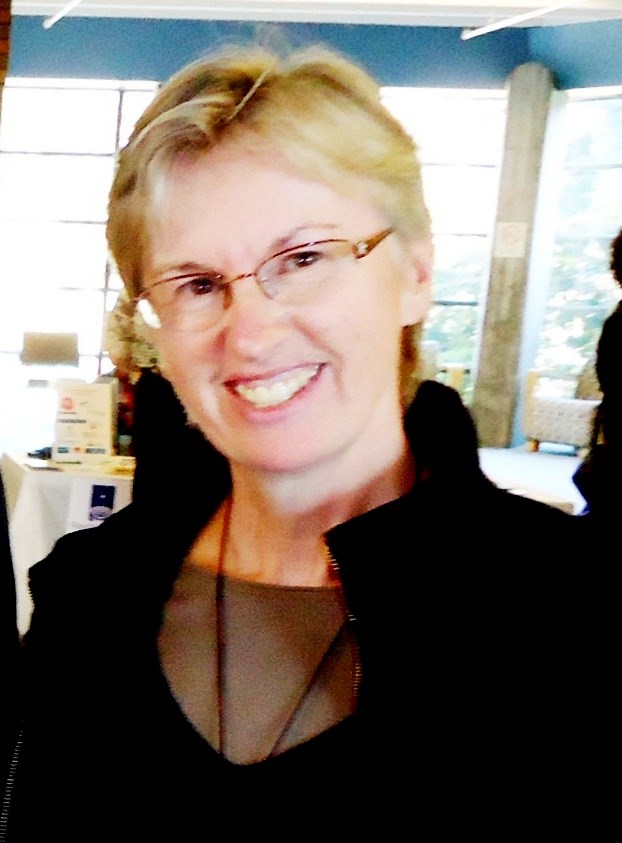A while back I began to hear a lot about “confirmation bias” and “motivated reasoning”. ĚýIt was reassuring to have the problems named, although it seemed fairly normal for people to pay greater attention to material that confirms our beliefs, and to occasionally jump fences to justify them. Then the Oxford Dictionaries offered a new entry as Word of the Year: post-truth, “in which objective facts are less influential in shaping public opinion than appeals to emotion and personal belief.”What?
For most people, truth-telling as a value falls into the general category of “all I really need to know I learned in kindergarten”. The good Sisters of my childhood certainly didn’t waffle on the issue. It was the source of all honour and trustworthiness and the foundation of order in the world. As a principle, it was unquestioned.
Not many years later, I found a poetic passage in the Tablet of the True Seeker by Bahá’u’lláh, and sensed the same spirit. “So great shall be the discernment of this seeker that he will discriminate between truth and falsehood, even as he doth distinguish the sun from shadow.” There was the same sense of rigor: “He must so cleanse his heart that no remnant of either love or hate may linger therein, lest that love blindly incline him to error, or that hate repel him away from the truth.”
The concepts of detached observation and reflection are integral to the Bahá’à method of decision-making, called consultation. Unlike debate with the simple goal of winning, consultation is communication with the goal of understanding. It encourages dispassionate examination of all sides of an issue in an attitude of humility. It’s not easy. Winning a debate is a piece of cake compared to consultation.
It’s a method clearly needed by humanity in its planetary stage of evolution, its age of maturity. The process involves weighing our opinions “with the utmost serenity, calmness and composure” and to carefully consider the views of others before expressing our own. In fact, we’re to judge each opinion solely on its merits, each one offered freely, without fear of criticism.
A person expressing an opinion avoids voicing it forcefully as correct and right. It’s offered as a contribution to the consultative process, which is entirely focused on the investigation of truth. If it becomes obvious through discussion that a certain view is closer to the truth or a certain action wiser, then all adopt it wholeheartedly. If it’s less obvious, it goes to a vote, with the same result.
The kind of detachment prescribed here for truth-seeking is similar to that of scientific research. A dispassionate acceptance of the facts, regardless of whether they fit our desires or current theories, is a sine qua non of scientific objectivity.
Objectivity remains the gold standard in much of society. In reality, there exists bias and manipulation. Beliefs can be more eminence-based than evidence-based, if the propagator enjoys sufficient influence. Facts can be spun, heavily influenced by personal gain, or dressed in enough glitter and gloss to be unrecognizable. We’ve become inured to much of this, having grown used to the dollar sign as the final arbiter of public policy.
The veracity crisis, as journalist Les Leyne calls it, may have an upside if it pushes us to really examine our principles and processes of governance. There is already a movement afoot for a recommitment to truth-seeking and truth-telling in the media. It’s a movement that needs to spill over into every facet of our public and private lives, to allow a healthy, mature society to evolve.
 Sheila Flood practices the Ěýand is Secretary of the Victoria Multifaith Society.
Sheila Flood practices the Ěýand is Secretary of the Victoria Multifaith Society.
You can read more articles om our interfaith blog, Spiritually Speaking,


